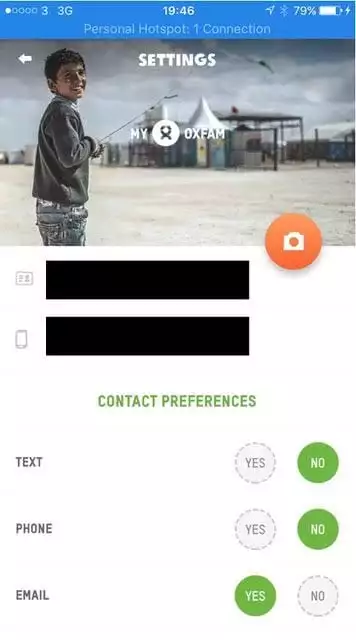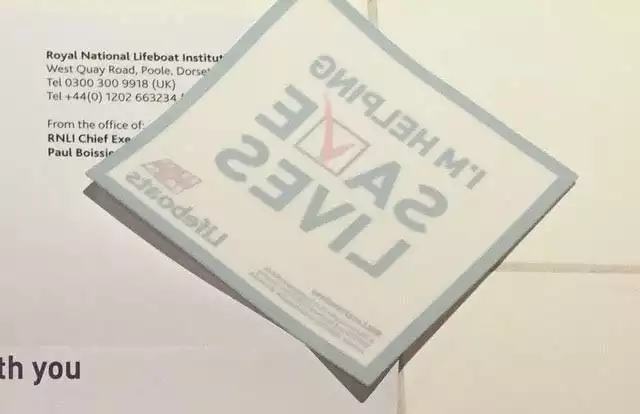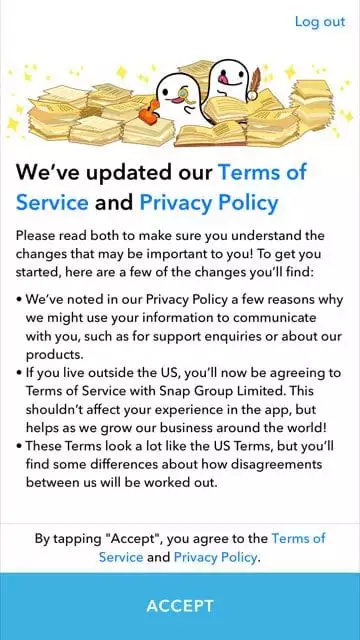Make consent less boring
So, it’s coming, the GDPR is fast approaching, the ICO have held their conference on data protection and we are now all ready to update our consent statements and privacy policies to make sure they’re compliant.
The compliance teams, and data protection officers are out of the starting blocks, the lawyers are prepped and the task of making our consent statements legally compliant begins in earnest….
But hang on a minute. Isn’t getting consent from someone to market to them, communicate with them and ultimately fundraise from them, a fundraising message? Isn’t it about inspiring people to want to give their contact details and consent. Then why are we as fundraisers giving the responsibility for writing these statements to the legal people? I have to say this, and I’m sorry lawyers and data protection people, but when did you last see an inspiring statement from a lawyer?
This is different to the wording on a Gift Aid statement. That wording is laid out in the rules from HMRC clearly and we all know we have to use them. But the ICO haven’t done that; they’ve given us the ability to be a little bit creative with our consent statements. So let’s do just that, let’s be creative. Let’s start a movement to make consent less boring.
We fundraisers are amazing at inspiring people, let’s drag back ownership of consent statements from the compliance people and make them inspiring.
Consent is simply another way of supporting our causes
So how do we do this? Let’s start by moving away from the words “consent statement”. This implies a series of words that someone reads followed by a tick box or boxes. This might come as a surprise, but there is nothing in the current or even forthcoming legislation that says your consent statements must be in writing. Why can’t they be videos? Why can’t they be audio files? Why can’t they come from a service user? Why can’t they be shaved into the fur of a cute puppy?
Okay that last one might be a bit far fetched, but my point still stands. If we can get across the idea that seeking consent is simply another way of supporting our causes, then we can start to approach it in a more inspirational way.
A standard fundraising appeal probably goes something like this: highlight the problem, explain the solution, position your organisation as providing the solution, ask for financial help, thank the donor for their gift and show them the impact of it.
How could we follow this model with consent? How could we thank someone for giving their consent… and please, we can do better than “we’ll send them a consent thank you letter”? If they consent online, let the screen flash and whistle and spin round and round? If they consent by letter, tell them their I’ve consented therefore I rock! car sticker is in the post, if they consent over the phone play “Thank You by Alanis Morrisette” down the line at them?
(That last one might only work for mid 90’s US female solo rock fans).

How would you like Oxfam to contact you?
The RNLI did just that. They gave a car sticker to people who received their paper consent letters. The MyOxfam app has a decent crack at having a more iPhone style consent mechanic with a simple “Yes/No” series of buttons.

Honk if you like RNLI
Snapchat have tried to make their updated T&C’s less boring with a cute picture of their logo character rummaging through legal books.

Snapchat’s friendlier T&Cs
But I think we can do better! It’s time to wrestle consent back from the compliance people, stick our innovation hats on and get creative. Consent is going to be a huge part of a fundraising team’s life from now on. I bet we see job adverts for ”Consent Marketing Executives” within the year, and so we should. There is a place for inspirational people to rip up the old way of doing things and start a fresh. It’s here, it’s now and my word us fundraisers will be bloomin’ great at it!
This is something our sector can excel at. For once we’re ahead of the game, the private sector is actually far behind us on this. In 12 months time, I want Sainsbury’s to come to us asking “how did you inspire so many people to consent to marketing?”. I want their jaws to drop when they see how good we’ve got at this. So join me in starting a movement, a movement to inspire supporters to wasn’t to give their consent to us, the make consent less boring movement.
Jonathan Cook is Director of Insight-ful
Advertisement



